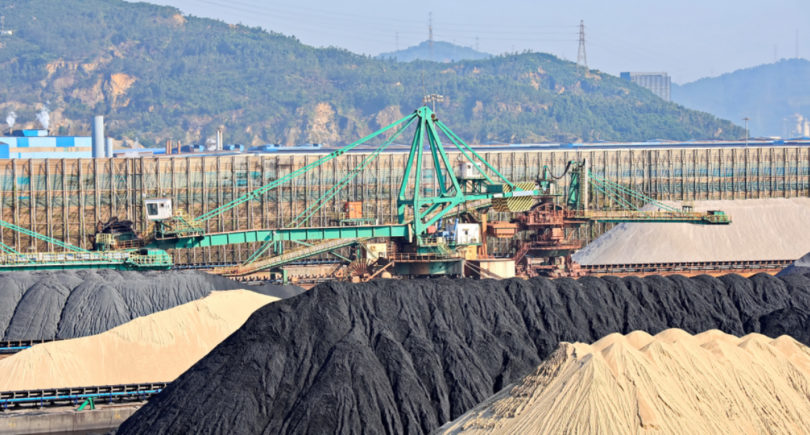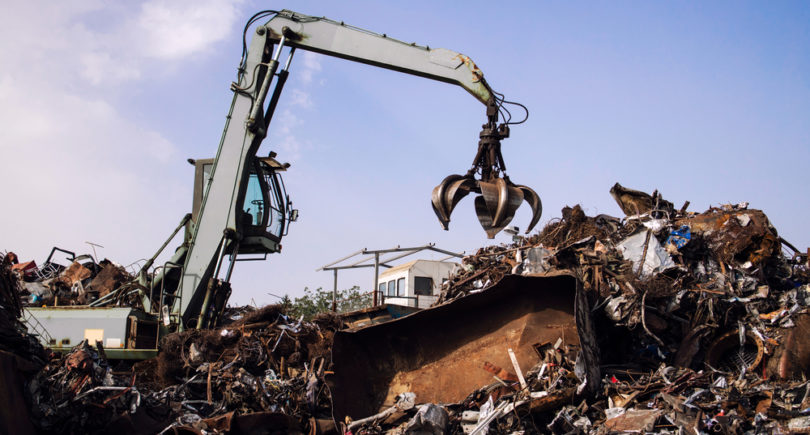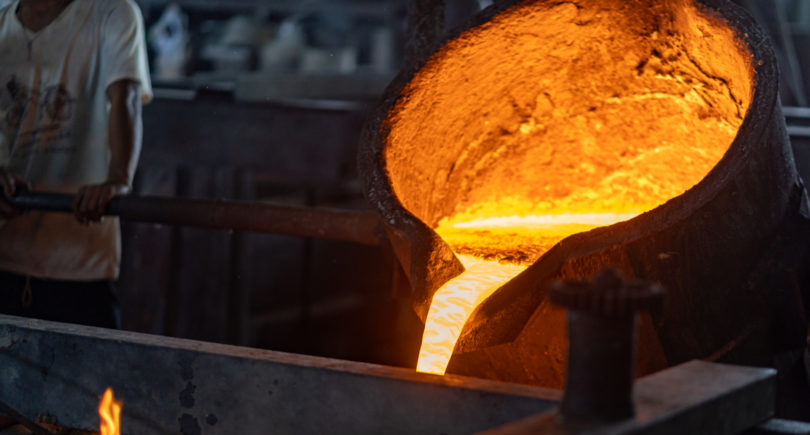
News Global Market Baowu Steel 1138 04 October 2022
The Chinese company is already involved in the development of the southern part of the deposit
China’s state-owned Baowu Steel, one of the world’s largest steel producers, signed an agreement on September 30 with a Singaporean consortium for jointly developing the Simandu iron ore project in Guinea. Caixin Global reports about it.
Baowu Steel has announced that it will form a consortium with major domestic steel producers, infrastructure companies and strategic investors to work with Winning Consortium Simandou (WCS). Baowu Steel does not disclose its partners.
The company is already involved in the development of the southern part of the field. The project is one of China’s bids to reduce its dependence on iron ore suppliers in Australia and Brazil.
The deposit is divided into four blocks. WCS (45% of which is controlled by Singapore’s Winning International Group, 35% – by Weiqiao Aluminum, a division of China Hongqiao Group) owns 85% of the shares in the northern part – blocks 1 and 2. The southern part of the project – blocks 3 and 4 – is being developed by the multinational Rio Corporation Tinto and a joint venture of the Chinese Chinalco and Baowu.
As GMK Center reported earlier, the prices for iron ore are increasing against the background of Chinese steelmakers’ activity. Iron ore futures on the Dalian Commodity Exchange for the week of September 20-27, 2022, increased by 3%. The increase in market activity indicates that steelmakers are hopeful that demand for steel in China will recover in the near future. The market’s optimism is also fueled by the intentions of the Chinese authorities to introduce additional incentives to support the country’s economy in the conditions of COVID-19.
As GMK Center wrote before, the international credit rating agency Fitch Ratings lowered its short-term forecasts for iron ore prices for 2022 from $120/t to $115/t. These forecasts reflect a decline in demand for steel, particularly in China, leading to reduced steel production, lower demand for steel resources, lower margins for steelmakers and a build-up of iron ore inventories.



